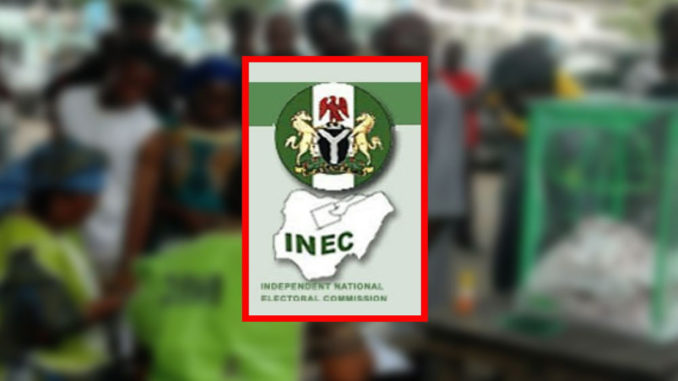
The Independent National Electoral Commission (INEC) recently raised its concerns that the number of registered political parties in Nigeria had ballooned to 68. These bordered on the inherent challenges posed by such surge which include complicated logistics costs.
A historical look at the implosion in our party system since the beginning of the Fourth Republic in 1999 shows that there were only three parties during the general election. It wasn’t that there were no agitations for more parties. It was just that the electoral body declined to register them. Human rights activist and legal icon, late Gani Fawehinmi, had dragged the INEC to the court demanding that his party be registered.
The Supreme Court agreed with him that “INEC had no power to make guidelines on how an association can become a political party in so far as the Constitution has covered the field in section 222”, and stated that “to restrict the formation of political parties weakens the democratic culture”. This judgement gave birth to the surge in political parties ever since.
Few months after the court ruling, INEC was compelled to register 27 additional parties, bringing the number to 30 for the 2003 general election. In the next general poll in 2007, 20 more parties were registered, and by 2011, the number of political parties in the country surged to 63! In an apparent bid to curb this galloping increase, the federal lawmakers empowered the electoral umpire to de-register political parties. Thus, on August 17, 2011, the electoral body delisted seven parties. This trimmed the number of parties in the country to 28.
This action provoked reactions from the affected parties, some of them accused the then INEC boss, Prof Attahiru Jega, “of exploiting the deregistration exercise to settle personal vendetta with his foes”.
Some of them actually challenged this action in court and won. The registration of two new parties on August 16, 2013 brought the number to 30, ahead of the 2015 general elections. On October 21, 2016, INEC registered 10 parties. The latest registration of 21 parties, which increased the number to 68, understandably sparked debates about the challenges it portends for INEC in the next general election.
In our opinion, the proliferation of parties will not abate unless an amendment is effected on section 222 of the Constitution. According to that provision, all that a would-be party needed to do is to ensure that, “(1) the names and addresses of its national officers are registered with the Independent National Electoral Commission; (2) the membership of the association is open to every citizen of Nigeria irrespective of his place of origin, circumstance of birth, sex, religion or ethnic grouping; (3) a copy of its constitution is registered in the principal office of the Independent National Electoral Commission in such form as may be prescribed by the Independent National Electoral Commission; (4) any alteration in its registered constitution is also registered in the principal office of the Independent National Electoral Commission within 30 days of making of such alteration (5) the name of the association, its symbol or logo does not contain any ethnic or religious connotation or give the appearance that the activities of the association are confined to a part only of the geographical area of Nigeria; and (6) the headquarters of the association is situated in the Federal Capital Territory, Abuja.”
It is a surprise, in our view, that our lawmakers did not deem it fit to amend section 222 during the recent constitution amendment. In the United States, for example, where Nigeria copied her Presidential system, for a party to be included on the ballot, it must meet specific requirements in the affected states.
A requirement in some states is that you must have 10,000 registered members that are verifiable. So for you to have your logo in a presidential ballot, you must prove that you have 10,000 registered members from each state of the federation. That is why only the Democratic and Republican parties contest in presidential elections.
We are wont to imagine what the political party structure will look like if a similar provision is made available in the constitution. It is from this perspective that this newspaper is in support of calls to amend the relevant section of the constitution so as to discourage this unrestrained demand for parties that is making the whole process appear unserious
END

Be the first to comment